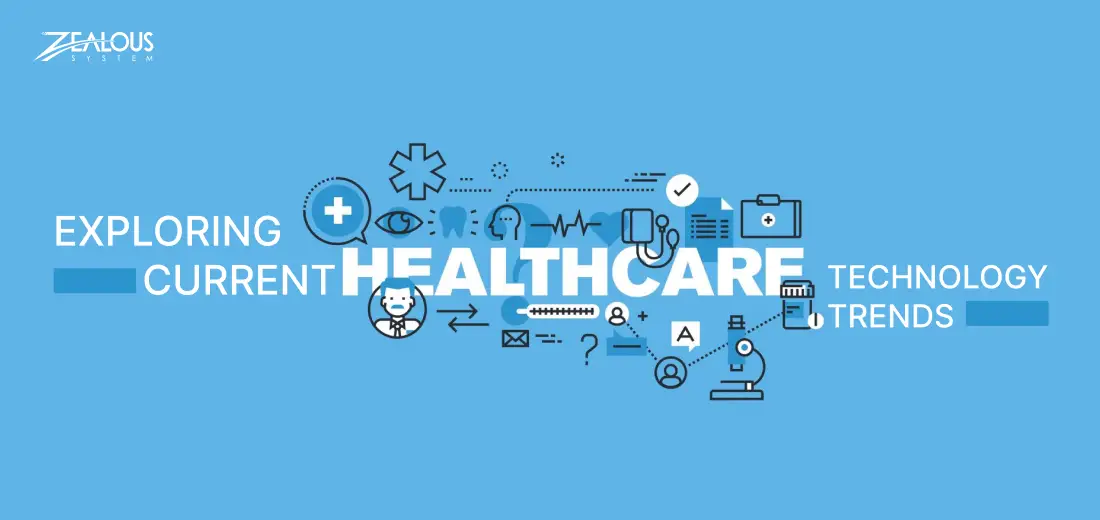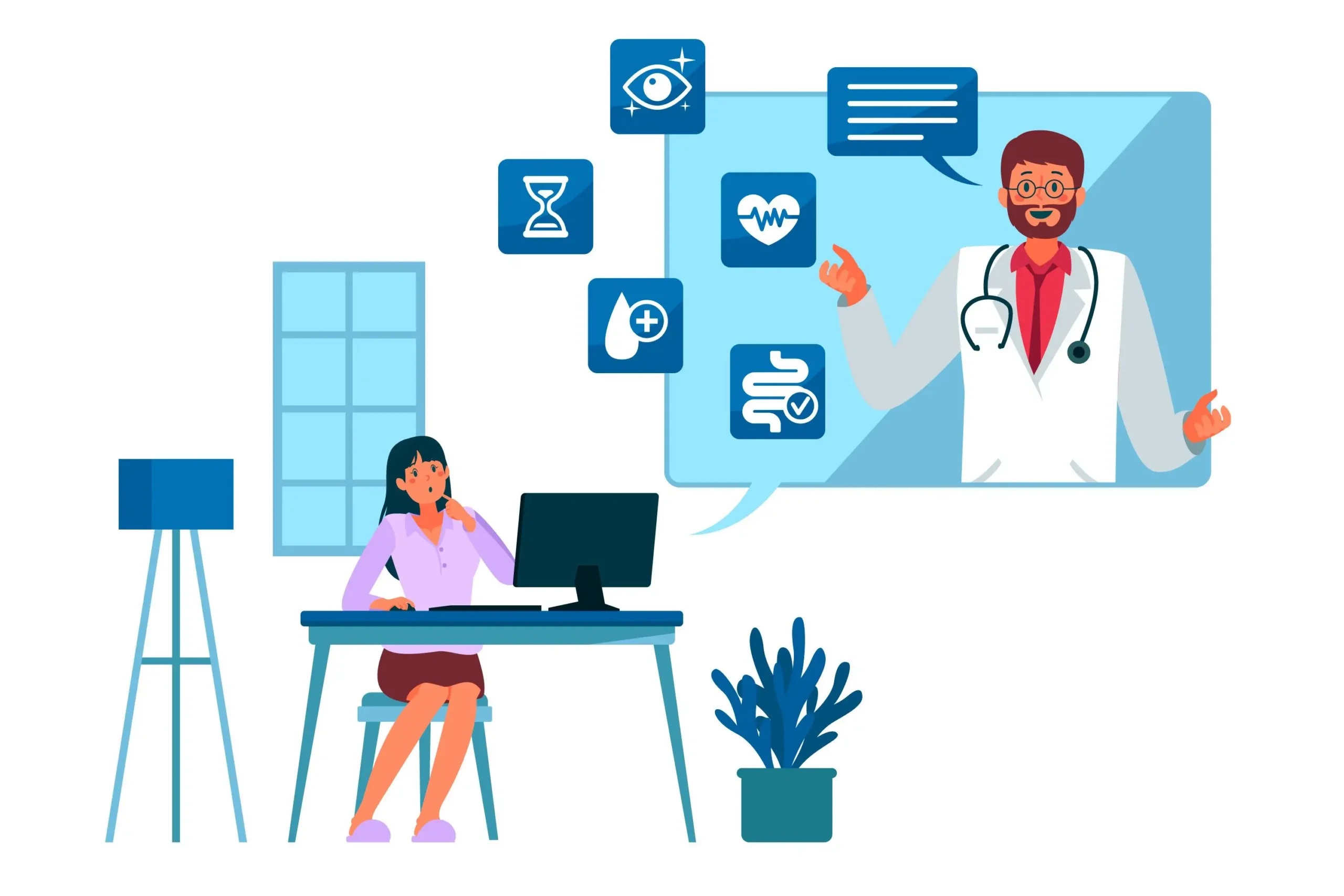
- Company
- Services
- UI/UX Design Services
- Microsoft Dynamics 365
- Mobile App Development
- AI Software Development
- Web App Development
- Generative AI Development
- Digital Product Development
- Enterprise Mobility
- SaaS Application Development
- Application Integration
- White-label WP Maintenance
- ERP Software Solutions
- Software Testing
- Offshore Development Center
- Let’s Connect
- Trending
- Technology
- Industry
- Build Your Team
- Our Work
- Company
- Services
- UI/UX Design Services
- Microsoft Dynamics 365
- Mobile App Development
- AI Software Development
- Web App Development
- Generative AI Development
- Digital Product Development
- Enterprise Mobility
- SaaS Application Development
- Application Integration
- White-label WP Maintenance
- ERP Software Solutions
- Software Testing
- Offshore Development Center
- Let’s Connect
- Trending
- Technology
- Industry
- Build Your Team
- Our Work
We use cookies and similar technologies that are necessary to operate the website. Additional cookies are used to perform analysis of website usage. please read our Privacy Policy
Healthcare Technology Trends and Digital Innovations in 2024

The healthcare industry is undergoing a significant transformation, driven by the rapid advancement of technology. New innovations are emerging at an unprecedented rate, with the potential to reshape the way we deliver and receive care.
More than 80% of health organizations aim to boost their investment in digital healthcare over the next five years. The rise in healthcare trends is obvious, but how do you know which healthcare technology deserves attention?
In 2023, the healthcare sector continued to be shaped by trends from the previous year. Now the industry is adopting advanced technologies, such as AI solutions and digital ecosystems, to make the most of their capabilities in 2024.
So to keep up with the growing industry, here we have listed 11 major healthcare trends that deserve close attention in the upcoming year.
Here are the latest Healthcare Technology Trends for 2024
Trend 1. Telehealth and Telemedicine:
The healthcare trend of telehealth and telemedicine has changed the way healthcare is provided by using technology to allow patients to consult with healthcare professionals remotely. This is especially helpful for non-emergency situations, enabling patients to receive timely and accessible healthcare from their homes. The use of virtual consultations and telemedicine platforms makes healthcare more patient-centered and efficient.
Trend 2. Artificial Intelligence (AI) and Machine Learning:
According to a recent research report by Morgan Stanley, expenditures allocated to artificial intelligence and machine learning in the healthcare sector are projected to exceed 10.5% by 2024, a notable increase from the 5.5% recorded in 2022. AI holds immense potential in healthcare, spanning from improving patient communication to aiding in surgical procedures and innovating pharmaceutical development. Let’s delve into some specific use cases of AI in healthcare.
Artificial intelligence (AI) and machine learning are having a big impact on how healthcare technology trends are changing by improving patient care, treatment options, and diagnosis. Large data sets are analyzed by these technologies in order to forecast patient outcomes and identify diseases early. AI apps simplify administrative duties, and improve hospital workflows, and machine learning assists in tailoring treatments based on unique patient characteristics. Data privacy and ethical issues, however, require careful consideration.
Trend 3. Blockchain in Healthcare:
Data security, transparency, and interoperability are being improved by blockchain technology, which is transforming emerging healthcare technology trends. Health records are safely kept in dispersed databases within a blockchain system, guaranteeing privacy and data integrity. Healthcare providers can now securely share patient data while adhering to stringent access controls thanks to this technology. Through lowering fraud and raising data accuracy, blockchain has the potential to improve healthcare data management.
Trend 4. IoT (Internet of Things) in Healthcare:
The Internet of Things (IoT) is a popular technology trend in healthcare that links medical equipment to gather and share data, enhancing patient monitoring and care. Real-time health information is made possible by wearable technology, smart sensors, and networked medical equipment. This enables proactive intervention and individualized treatment. IoT applications improve overall operational efficiency in healthcare facilities by tracking assets, managing inventories, and optimizing resources in addition to patient care.
Trend 5. Robotics and Automation:
Robotics and automation are playing a significant role in the ongoing healthcare technology trend, transforming various aspects of healthcare, from surgical procedures to routine tasks in hospitals. Surgical robots enable precise and minimally invasive procedures, reducing patient recovery times. Automation streamlines repetitive tasks, such as medication dispensing and laboratory processes, freeing up healthcare professionals for more complex aspects of patient care. As technology advances, robotics, and automation will play a pivotal role in improving healthcare accessibility and outcomes.
Trend 6. Digital Health Records (EHR/EMR):
Digital health records, such as electronic medical records (EMR) and electronic health records (EHR), have modernized patient data management in the context of the current healthcare technology trend. By offering a centralized and conveniently accessible repository of patient data, these records promote provider collaboration and enhance continuity of care. Digital records replace paper-based records, improving data accuracy, lowering administrative costs, and promoting evidence-based decision-making.
Trend 7. 3D Printing in Healthcare:
By making it possible to produce anatomical models, prosthetic limbs, and personalized medical implants, 3D printing technology is revolutionizing healthcare in the context of cutting-edge healthcare technology trends. By allowing precise and patient-specific solutions, this innovation lowers the possibility of complications and enhances treatment results. Apart from producing customized medical devices, 3D printing also makes it easier to conduct drug research, plan surgeries, and conduct medical research—a major development at the nexus of technology and healthcare.
Trend 8. Augmented Reality (AR) and Virtual Reality (VR):
Technologies like augmented and virtual reality are being utilized in healthcare as part of the changing trends in the field of surgical planning, therapy, and training. Overlaying digital data on top of the physical world through augmented reality can improve surgical accuracy and support medical education. Immersive environments for pain management, patient education, and therapeutic interventions are made possible by virtual reality. These technological advancements support enhanced medical education, patient involvement, and creative problem-solving in the healthcare industry.
Trend 9. Cybersecurity in Healthcare:
Cybersecurity has grown to be a major concern in the context of evolving healthcare technology trends and the growing use of digital healthcare data. Sustaining patient data security against cyberattacks is crucial for preserving public confidence in healthcare systems. To protect sensitive medical data, strong cybersecurity measures are required, such as encryption, secure access controls, and frequent audits. As healthcare organizations adopt digital technologies, it is imperative to tackle cybersecurity challenges in order to guarantee the confidentiality and integrity of patient data.
Trend 10. Healthcare Chatbots:
Source: freepik
Within evolving healthcare technology trends, healthcare chatbots use AI to provide personalized and instant communication, offering information, assistance, and even basic medical advice. These AI chatbots enhance patient engagement, provide timely responses to inquiries, and assist in health monitoring. While they don’t replace healthcare professionals, chatbots contribute to improved accessibility, especially for routine queries, appointment scheduling, and medication reminders, ultimately enhancing the overall patient experience.
Trend 11. Remote Patient Monitoring:
Source: freepik
In the technology trend of modernizing healthcare, remote patient monitoring system uses technology to track and analyze patient health data outside traditional healthcare settings. Wearable devices and connected sensors enable continuous monitoring of vital signs and chronic conditions, allowing for early intervention and personalized care plans. This technology is particularly beneficial for patients with chronic illnesses, providing a proactive approach to healthcare management and reducing the frequency of hospital visits. The integration of remote patient monitoring contributes to more efficient and cost-effective healthcare delivery.
Conclusion
The healthcare industry is undergoing a significant shift in 2024 with a focus on digital advancements. Technologies like telehealth, AI, blockchain, and 3D printing are reshaping patient care and industry practices.
As a healthcare software development company, we recognize the importance of staying ahead in this dynamic industry. With over 80% of health organizations increasing their investment in digital healthcare, we are here to assist you on your app development journey.
Embrace these transformative trends, ensuring your solutions align with the future of healthcare for a healthier and more connected world.
We are here
Our team is always eager to know what you are looking for. Drop them a Hi!
Pranjal Mehta
Pranjal Mehta is the Managing Director of Zealous System, a leading software solutions provider. Having 10+ years of experience and clientele across the globe, he is always curious to stay ahead in the market by inculcating latest technologies and trends in Zealous.
Table of Contents
×



Comments